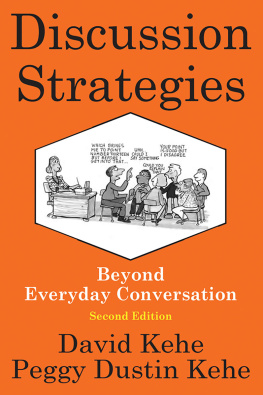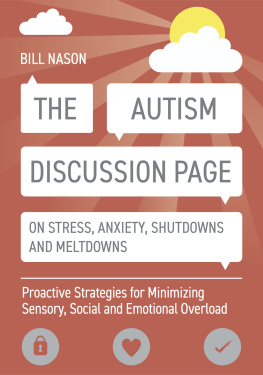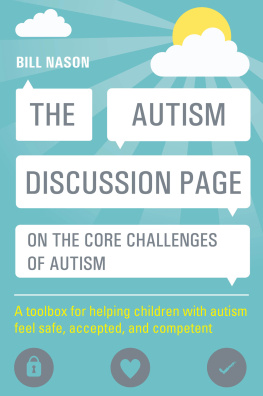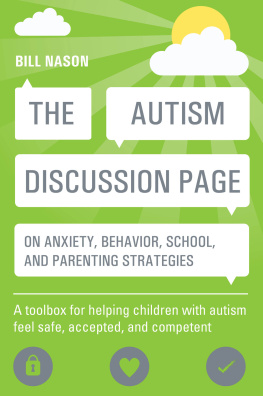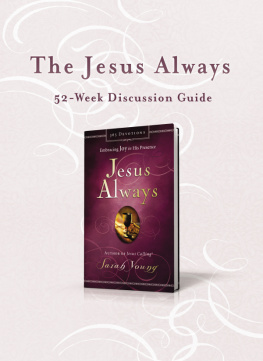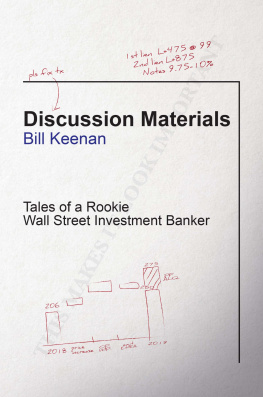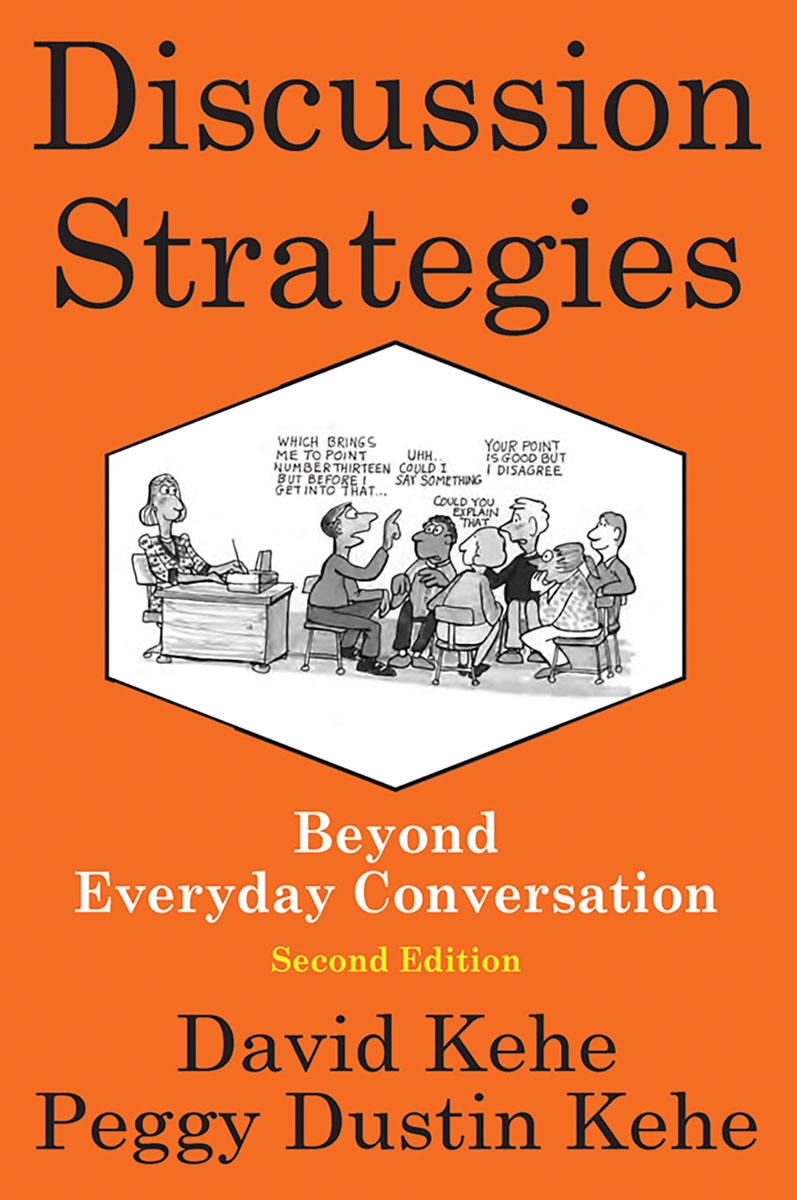
Pro Lingua Learning
PO Box 4467
Rockville, MD 20849
Office: 1-301-424-8900
Web: ProLinguaLearning.com
Email:
At Pro Lingua,our objective is to foster an approach to learning and teaching that we callinterplay, theinteraction of language learners and teachers with their materials, with the language and culture, and with each other in active, creative, and productiveplay.
Copyright 1998, 2001, 2012, 2020, 2021 by David Kehe and Peggy Dustin Kehe
Digital Edition ISBN 978-0-86647-542-6
Print Edition ISBN 978-0-86647-330-9
All rights reserved. No part of this publication may be reproduced or transmitted in any form or by any means, electronic, mechanical, photocopying, recording, or other, or stored in an information or retrieval system without permission in writing from the publisher.
The topics in this book were gathered from articles in a variety of newspapers: The New York Times, The Los Angeles Times, The Seattle Times, The Seattle Post-Intelligencer, The Chicago Tribune, The European, The Observer, The Japan Times, The Daily Yomiuri, and The Stevens Point (Wisconsin) Journal. All of the illustrations are by Andrew Toos except for the cartoons used with news articles on Monkey Business Images.
This book was designed and set by Arthur A. Burrows using Century Schoolbook for the text and display type.
Introduction
These activities follow and build upon the strategic conversation skills of our intermediate-level book, Conversation Strategies. However, this text stands on its own and may easily be used for its own purpose: developing discussion skills. The activities in Discussion Strategies are designed to help high-intermediate to advanced level ESOL students develop the skills needed at high levels of communicative interaction.
From the early units on, students, in a step-by-step procedure, are given extensive practice in a variety of discussion strategies for leading and participating in a discussion. They are given focused practice with the following discussion techniques:
using rejoinders
asking follow-up questions
seeking and giving clarification
using comprehension checks
answering with details
soliciting more details from others
interrupting others during a discussion
recounting something they have heard
volunteering an answer
helping the leader of a discussion
expressing an opinion
referring to a source when giving an opinion
leading a discussion themselves
Each unit builds on and recycles the strategies practiced in the previous ones, and for that reason, it is recommended that the class proceed through the book unit-by-unit in the given sequence. By the final units, students, while discussing sophisticated topics, are using all the strategies in large-group or whole-class situations.
The general progression of interaction formats in the book is from participating with a partner in pair-work to leading large-group discussions. In the table of contents, the interaction formats are indicated as pairs, triads, small groups, and large groups or whole class.
In many of the units, summaries of newspaper articles are used as the topics for practicing the strategies and for carrying out the discussion. These articles have been chosen for their high-interest content. No article requires in-depth background knowledge, and the topics can be discussed by students from any culture.
To students and teachers: All the articles in this book are true stories.
CONTENTS
General Structure of the Book
Discussion Strategies by Unit
Format: Triads
Format: Pairs
Format: Pairs
Topics: Flight Attendant Hero
Lost in a Jungle
Format: Pairs
Topics: Giant Baby
Music, Reading and Math
Format: Triads
Format: Triads
Topic: Your High School Days
Format: Triads
Topic: Animals in Movies
Format: Triads
Topic: Sleep
Format: Triads
Format: Triads
Topic: Stress
Format: Triads
Topic: Your Hometown and Childhood Home
Format: Triads
Topic: Telling Lies
Format: Triads
Format: Triads
Topic: Superstitions
Format: Triads
Topics: Short People Live Longer
Gossiping
Why the French Have Fewer Heart Attacks
Format: Small Groups
Format: Triads
Topic: Divorce
Format: Pairs
Topics: Getting Fat
Wrong Stadium
Bugs in Manila
Naked in the Laundromat
Format: Triads
Topic: Catching Colds
Format: Small Groups
Format: Triads
Topic: Driving
Format: Triads
Format: Triads
Topics: Fathers Who Live Longer
Smoking and Aging
Tasting Food
Format: Triads
Topic: Gambling
Format: Pairs
Topic: Information from a Survey
Format: Small Groups
Topics: The Rights of Mothers and Fathers
Death Caused by Cigarettes
De-barking Dogs
63-Year-Old Woman Has a Baby
Format: Triads
Topic: Bullying
Format: Triads
Topics: Best Friends
The Effects of Watching TV
Spanking
Format: A Model, Teacher-led Whole-Class Discussion
Topic: Cheating in School
Format: Large Groups/Whole Class
Topic: Animal Empathy
Format: Large Groups/Whole Class
Topic: Cafeteria Trays
Format: Large Groups/Whole Class
Topic: TV in the Bedroom
Format: Large Groups/Whole Class
Topic: Culture and Alcoholism
Format: Large Groups/Whole Class
Topic: Boredom
Format: Large Groups/Whole Class
Topic: Keys to Happiness
Format: Large Groups/Whole Class
Topic: The Clown and the Cell Phones
Format: Large Groups/Whole Class
Topic: Family Meals
Format: Large Groups/Whole Class
Topic: International Students in the U.S.
Format: Large Groups/Whole Class
Topic: Students Choice
Other books by David Kehe and Peggy Dustin Kehe
Basic Conversation Strategies:
Learning the Art of Interactive Listening and Conversing
Conversation Strategies:
Pair and Group Activities for Developing
Communicative Competence
Digital edition available
Write after Input:
Intermediate
Developing Paragraphs and Compositions from Listenings and Readings.
Writing Strategies
Book One High-Intermediate
Book Two Advanced:
A Course in Essay Writing
Using a Student-Centered Approach
Next page
